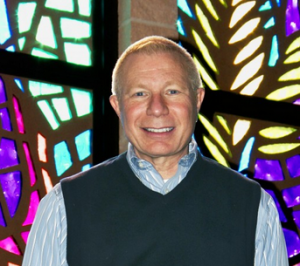 After 23 years at the Cathedral of Hope (UCC) in Dallas, TX, Michael Piazza accepted a call to the Virginia-Highland Church (UCC) last year. In addition to his pastoral ministry in a congregational context, Piazza serves as co-executive director of the Center for Progressive Renewal and as president of Hope for Peace & Justice. In the latter role, he wrote these challenging words earlier this week:
After 23 years at the Cathedral of Hope (UCC) in Dallas, TX, Michael Piazza accepted a call to the Virginia-Highland Church (UCC) last year. In addition to his pastoral ministry in a congregational context, Piazza serves as co-executive director of the Center for Progressive Renewal and as president of Hope for Peace & Justice. In the latter role, he wrote these challenging words earlier this week:
The progressive church has a long and noble history of engaging the political system around issues of peace and justice. From the fight for the abolition of slavery to the modern civil rights struggle, churches, synagogues, and mosques have worked for justice. In that tradition, we must stand courageously. There are millions who are looking for a faith that represents their values, and those millions would join us if they knew what we passionately believed and who we really are. Our silence has left them spiritually homeless, and allowed the Church of Jesus to have a reputation that is not accurate.
So What?
In the same piece, Piazza rightly notes that many people assume all Christians are alike. The type of Christianity they envision isn’t diverse at all; it is the type that is put forward by the “most visible and vocal representation of the church,” which tends to be incredibly conservative in its theology.
- If your local congregation is nothing like the popular cultural understanding, how do you effectively communicate your identity in your community?
- What resources provided by your denomination, network or alliances are available? Are they helpful?
- Do you believe there are millions nationally and hundreds or even thousands in your community who would join a progressive Christian congregation if they “knew what we passionately believed and who we really are”? Why or why not?